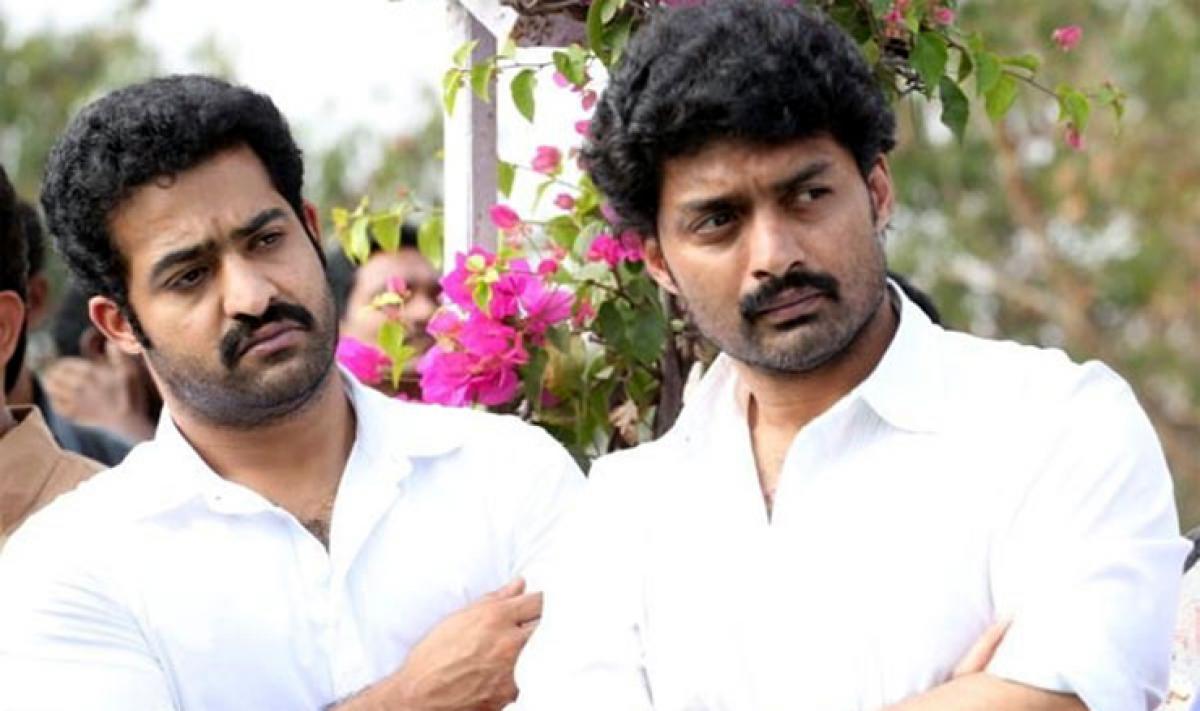Just In

In most Western universities, textbooks are expensive and multiple books are generally assigned for each subject or course. A student in the United...
In most Western universities, textbooks are expensive and multiple books are generally assigned for each subject or course. A student in the United States spends on average $ 1000 (Rs 55,000) per year on textbooks. A A random check of widely used textbooks in US colleges throws up some interesting results. In medicine, one of the more expensive books is � "Biostatistical Genetics and Genetic Epidemiology", priced at $700 (Rs 38,000).
 In management studies, a book titled � Management Science: An Anthology, costs $ 800 (Rs 43,000). And in engineering studies, Advanced Semiconductor and Organic Niño-Techniques costs $ 570 (Rs 30,000). A Some of the overseas students in the US circumvent the high costs of these books by getting the local editions of the books shipped from their native countries. The cost differential works out to be worth the effort.
In management studies, a book titled � Management Science: An Anthology, costs $ 800 (Rs 43,000). And in engineering studies, Advanced Semiconductor and Organic Niño-Techniques costs $ 570 (Rs 30,000). A Some of the overseas students in the US circumvent the high costs of these books by getting the local editions of the books shipped from their native countries. The cost differential works out to be worth the effort.
For example, a widely used operations management book, by Vollman &Berry, a standard textbook around the world, costs $ 120 (Rs 6600) in the USA whereas the cost of Indian edition is Rs 600.A For widely used textbooks, the publishing companies bring out low-cost local editions for markets like India and China, which allows students to buy books at reasonable prices and acts as a deterrent for piracy.
But when there is no local edition available, students have no option other than to forgo the high cost of these books and reach out to the neighbourhood photocopy shop and get copies of the reading material. A This has been the way of student life over the last couple of decades in India. The practice is so common that the name 'Xerox' (photocopier brand) is now commonly used as a verb. A But the culture of photocopying books and study material may soon change, based on the result of an interesting legal case filed in the Delhi High Court by a consortium of academic publishers, which includes Oxford and Cambridge University.
This case was filed against a small photocopy shop, named Rameshwari photocopy services, in Delhi University. The publishers have sued the shop for copyright infringement of their proprietary material. As per reports, the shop has been printing study packs for different courses and selling them to students.A The supporters of the photocopy shop say that the activity is within the ambit of law. They cite the fair dealing provision of the Indian Copyright Law, which states that copyright exemption can be provided to users who photocopy up to 10% of the content for educational use.
What seems to have riled the publishers is the temerity of a small photocopy service provider in providing a mini-publishing service, making commercial gain and, in the process, cutting into their potential profits.A Those on the side of photocopying take the ground that most syllabi are compiled after taking selective reading material from a large number of books and other sources. A And in a country like India, it may not be economically feasible for students to buy these books. In addition, libraries work on shoe-string budgets and may not be able to buy sufficient copies of these books to be rotated among students.
If the text publishers do not work out an amicable arrangement with end-users, they may be the losers in the end. There is always some disruptive technology around the corner that could hit their business model. A The music industry also priced its records very high and targeted piracy. In the end, innovations like Apple iTunes, which allows users to buy single songs instead of a complete CD/album, have resulted in the decline of music recording industry.
In last five years, the publishing industry has been affected by innovation of e-books that allow readers to buy books online at a low cost and retain a digital copy. In 2011, more e-books were sold than physical books on Amazon - world's largest e-commerce site. In 2012, e-books constituted 25% of all books sold in the US. The other shift in publishing is the rapid rise of self-publishing industry. Authors are publishing their own books using new technology and getting a large readership via social media.
This could be one of the paths taken by textbook authors to bypass the entire publishing cycle and provide their work directly to universities and students, who would be more than willing to lap it up, provided the quality is good and price is right.A While the Delhi High Court deliberates on this matter and the new academic year begins, students will be back to classes and getting their study material 'Xeroxed'.
The practice is so common that the name "Xerox" (photocopier brand) is nowA commonly usedA as a verb

© 2024 Hyderabad Media House Limited/The Hans India. All rights reserved. Powered by hocalwire.com







